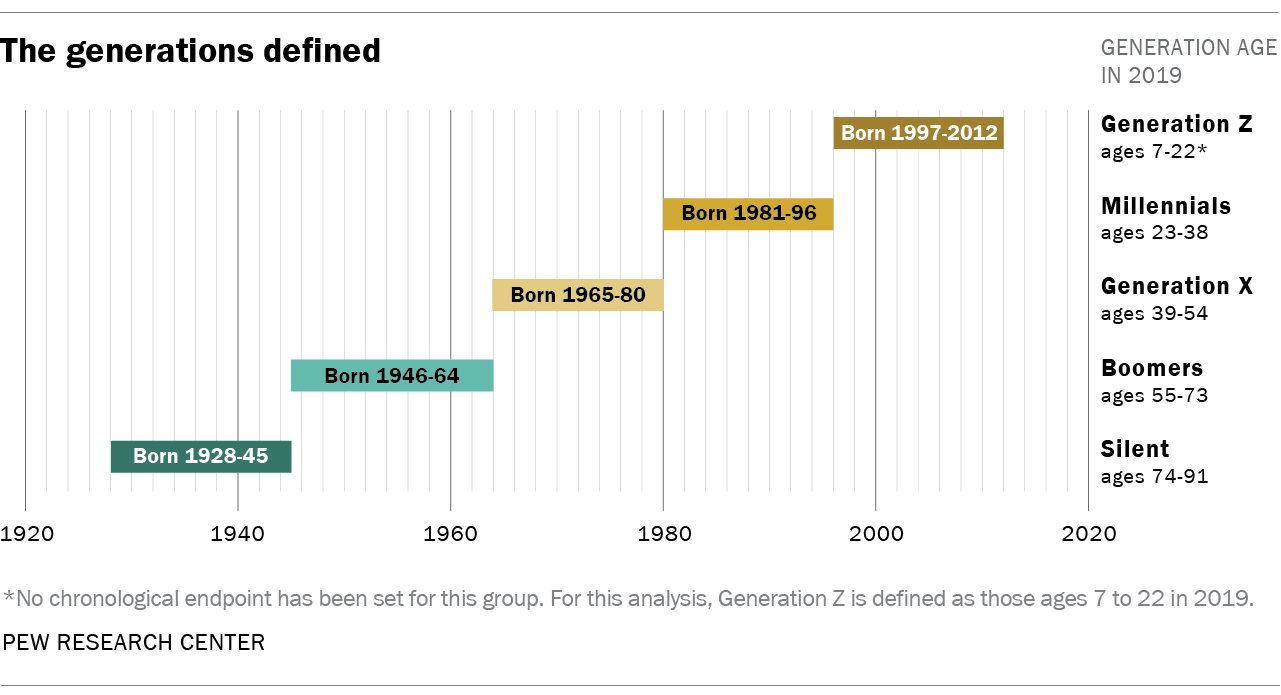The Dawn of the Gen Z Years
As the world navigates through a pivotal transition, the Gen Z years have emerged as a defining epoch not just for young adults, but for society at large. This cohort, born between 1997 and 2012, currently underestimated and often overshadowed by the conversations around Millennials and Baby Boomers, are leading a radical cultural shift. The numbers are staggering: as of 2023, Gen Z comprises over 32% of the global population, overtaking Millennials as the most populous generation worldwide.
A Cultural Tsunami
The impact of Gen Z is felt across various societal spectrums—social media platforms, workplace dynamics, and even political landscapes are seeing significant modifications. Their unique upbringing, characterized by rapid technological advancements and major global events like the COVID-19 pandemic, has molded their perspectives. This generation champions social justice, environmentalism, and inclusivity, often leveraging platforms like TikTok and Instagram to amplify their voices.
Public Sentiment Shifts
Public sentiment resonates with the values represented by Gen Z. According to a recent survey from Pew Research, nearly 76% of Gen Z respondents believe that climate change is a serious threat, compared to only 58% of older generations. This pressing concern has led to increased activism, with young people organizing climate strikes and demanding legislative action on environmental issues.
“There’s this unwavering energy among my peers,” says Maria Chen, a 20-year-old university student and climate activist. “We refuse to accept the status quo. Our future depends on the changes we make today.” Social media, often criticized as an outlet for distraction, has become a key tool for mobilization and awareness.
Challenges Posed
Despite their strong presence and advocacy, the Gen Z years are not without their challenges. This generation is facing rising mental health issues exacerbated by social media pressures, economic instability, and, more recently, the ramifications of a post-pandemic world. A report from the Canadian Mental Health Association revealed a troubling increase in anxiety and depression rates among Gen Z, with nearly 44% reporting feelings of loneliness.
The Future Is in Their Hands
The Gen Z years have indeed cultivated a generation more aware of societal issues than any before. With their fingers on the pulse of the world’s challenges, they are poised to create a legacy built on activism and resilience. But as they step into greater roles in society, it’s essential for policymakers and institutions to listen and adapt to the ideals of younger voices. As more Gen Z individuals enter the workforce and participate in politics, their progressive views could lead to groundbreaking reforms across multiple domains.
A Predictive Outlook
The trajectory of the Gen Z years suggests that they will not only reshape societal norms but also challenge traditional economic and political structures. As they seek careers that align with their values, it’s highly likely that businesses will need to evolve or risk being left behind. The question remains whether society is ready to embrace the unyielding spirit of this emerging generation.
